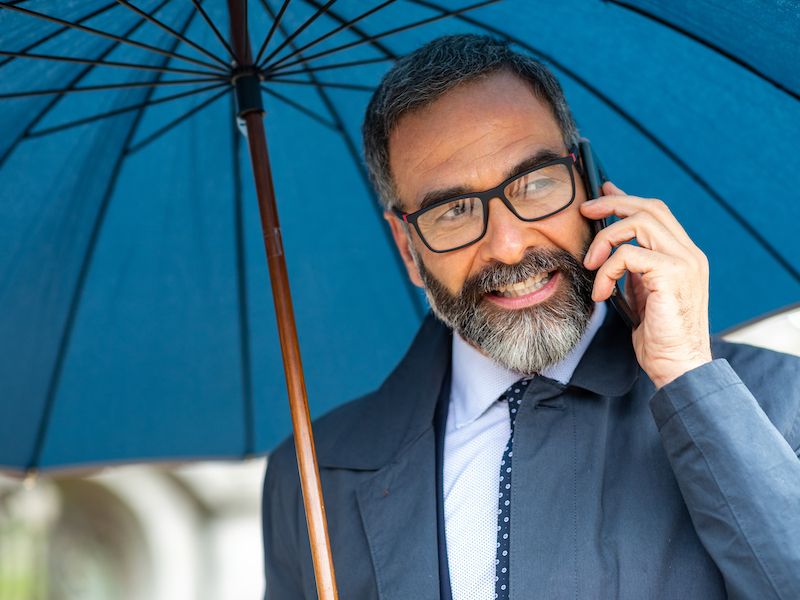
John’s been experiencing trouble hearing at work. But he thinks it might be everyone else not speaking clearly. What’s more, he believes he’s too young to need hearing aids, so he hasn’t scheduled a hearing exam and has been avoiding a hearing exam. Unfortunately, he’s been doing significant damage to his ears by pumping up the volume on his earbuds. Sadly, his resistance to admitting he has hearing loss has stopped him from getting practical treatments.
But what John doesn’t recognize is that his viewpoints are outdated. Because the stigma about loss of hearing is becoming less prevalent. Particularly, with the younger generation, it’s much less pronounced, even though you may still see it to some extent in some circles. (Ironic isn’t it?)
How Can Hearing Loss Stigma be Harmful?
The cultural and social connections with loss of hearing can be, to put it simply, untrue and not helpful. For many, hearing loss may be viewed as an indication of aging or a loss of vitality. People are frequently worried that they will lose social status if others find out they have hearing loss. They feel they might appear old and come off as less “cool”.
You might be tempted to think of this stigma as a rather amorphous concern, isolated from reality. But there are some very real implications for people who are trying to cope with the stigma around hearing loss. Here are some examples:
- Difficulties in your relationships (Your not just tuning people ot, you just can’t hear them very well).
- Avoiding hearing loss management (leading to less than ideal outcomes or unnecessary suffering).
- Job obstacles (Maybe you were attending a meeting and you didn’t quite make out some essential information).
- Job hunting problems (it’s unfortunate, but some people may be prejudiced against hearing loss even if it’s not entirely legal).
There are quite a few more examples but the point is well made.
Fortunately, this is all transforming, and It seems like the stigma of hearing loss is really disappearing.
Why is The Stigma of Hearing Loss Decreasing?
There are numerous significant reasons why hearing loss stigma is declining. Population demographics are changing as is our perception of technology.
More Younger Adults Are Suffering From Hearing Loss
Perhaps the number one reason that hearing loss stigma is disappearing is that hearing loss itself is starting to be more and more prevalent, particularly with younger people (and we’re speaking largely of young adults not kids).
Most statistical research report the number of individuals with hearing loss in the U.S. about 34 million, which translates into 1 in 10 people. There are too many reasons for this for us to get into here (loud sound from numerous sources seems to be the biggest factor), but the main point is that loss of hearing is more prevalent now than it ever has been before.
There is more discussion and understanding about hearing loss as it becomes more widespread.
We’re More Confident With Technology
Perhaps you were worried that your first pair of hearing aids would cause you to look old so you resisted using them. But nowadays, technology is so pervasive that hearing aids nearly entirely blend in. No one notices them. In many cases, newer hearing aids are small and discrete.
But hearing aids also typically go unnoticed because today, everyone has something in their ears. Everyone is used to dealing with technology so nobody cares if you have a helpful piece of it in your ear.
A Shift in Thinking Long Past Due
There are other factors for why loss of hearing has an improved image right now. In recent years, loss of hearing has been depicted with more accuracy (and more humanity) in popular society, and a few notable celebrities have come out with their own hearing loss stories.
The more we see loss of hearing in the world, the less stigma there will be. Of course, now we are trying to do everything we can to prevent hearing loss. The ideal would be to reverse the trends in youth hearing loss while combating against hearing loss stigma.
But at least as the stigma fades, more people will feel secure making an appointment with their professionals and undergoing routine exams. This will keep people hearing better and enhance general hearing health.